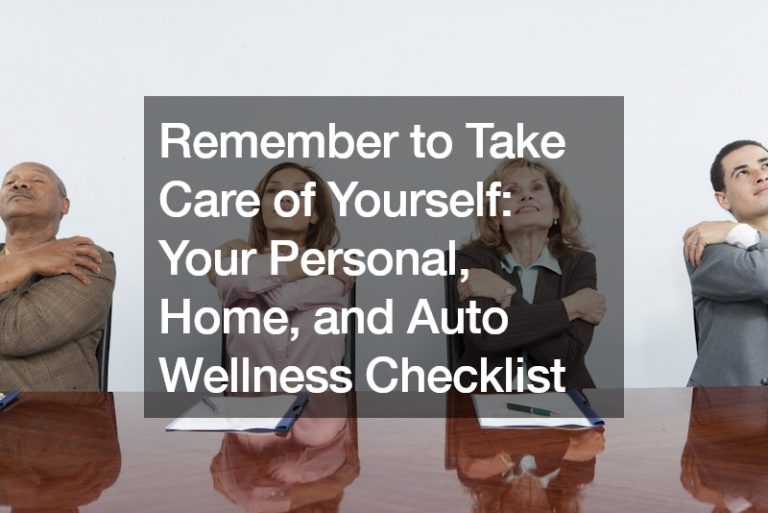- Single parenting brings unique challenges that require a positive mindset and helpful tips.
- Prioritizing self-care is essential to keep feeling energized and present for your family.
- Keeping your kids occupied with structure, routine, and planned activities is essential for growth.
- Building a support system of friends, family, and other single parents is beneficial for emotional and practical support.
- Setting realistic expectations and embracing flexibility is key to avoiding burnout and creating a peaceful home.
Being a single parent is never an easy task, but it comes with unique challenges that can sometimes feel daunting. However, with the right mindset and a few helpful tips, you can learn how to navigate the ups and downs of single parenthood while still living a fulfilling and free life. This post will explore strategies to help you thrive as a single parent while caring for your children. Whether you’re freshly single, a widowed parent, or a foster parent, you can use these tips to create a peaceful, happy environment for yourself and your family.
1. Practice Self-Care
As a single parent, it’s easy to fall into the habit of putting your kids’ needs first and neglecting your well-being. However, self-care is essential for recharging your batteries and maintaining a positive outlook. Whether taking a relaxing bath, practicing yoga, or booking a massage, find ways to prioritize self-care in your routine. This will help you feel more energized and present for your family. Try to set aside at least an hour a day to focus on yourself and activities that bring you joy.

2. Keep Your Kids Occupied
While you may not always have another adult to help with childcare, finding ways to keep your children involved and entertained is essential. Try setting up structure and routine for them, such as designated meal times or playing educational games. It’s also helpful to plan activities the whole family can do together, such as a family movie night or nature walks.
Outside the home, you may get your child involved in other activities. For example, music lessons for children can help build their confidence and give them a creative outlet. They can learn to express themselves and develop a sense of independence while learning a new instrument. Or you may enroll them in art classes where they can explore various art materials.
3. Build a Support System
Single parenthood can be isolating, so build a support system of friends, family members, and other single parents. These individuals can offer emotional support and practical help, whether picking up your kids from school or listening to you vent about your day. Don’t be afraid to ask for help when needed, and reciprocate when you can. Here are some tips to make better connections with family and friends:
a. Have an open heart and be vulnerable with your support system.
Don’t be afraid to share your struggles and successes with your loved ones. This can help you build a stronger bond and receive more understanding from those around you.
b. Share your stories of strength, courage, and resilience.
If you have stories of overcoming tough single-parenting challenges, share them with your support system. This will give them a better understanding of what you’re going through and your strength to push forward.
c. Make time for special moments with those close to you.
Your support system will be a great source of comfort and understanding, so make sure to show your appreciation for them. Spend quality time with them, whether catching up over lunch or watching a movie.

d. Find a single-parent group.
Connecting with other single parents can be invaluable, as it provides an opportunity to connect with those who understand your struggles and relate to your experiences. Various online communities and in-person support groups are available to join, such as Single Parents Anonymous or Single Mothers by Choice.
4. Set Realistic Expectations
It’s easy to feel like you must do it all as a single parent, but setting unrealistic expectations is a recipe for burnout. Instead, focus on setting realistic goals and expectations for yourself and your family. Communicate with your kids about what they can expect from you, and work together to create a shared sense of responsibility. Remember, it’s okay to ask for help and cut yourself some slack when things don’t go as planned.
5. Embrace Flexibility
As a single parent, you’ll likely encounter unexpected challenges that require a flexible mindset. Learn to embrace flexibility and adaptability, whether it’s a sick child or a last-minute work obligation. This might mean rescheduling plans or finding creative childcare solutions, but it will ultimately help you feel less stressed and more capable of handling whatever comes your way. You’ll also be teaching your children an important lesson about resilience!
Living a free life as a single parent is possible with the right mindset, support system, and self-care strategies. By practicing self-care, setting realistic expectations, and embracing flexibility, you can learn to navigate the unique challenges of single parenthood while still creating a peaceful and happy environment for yourself and your family. With the right approach, you can create a life that is both fulfilling and full of joy!






